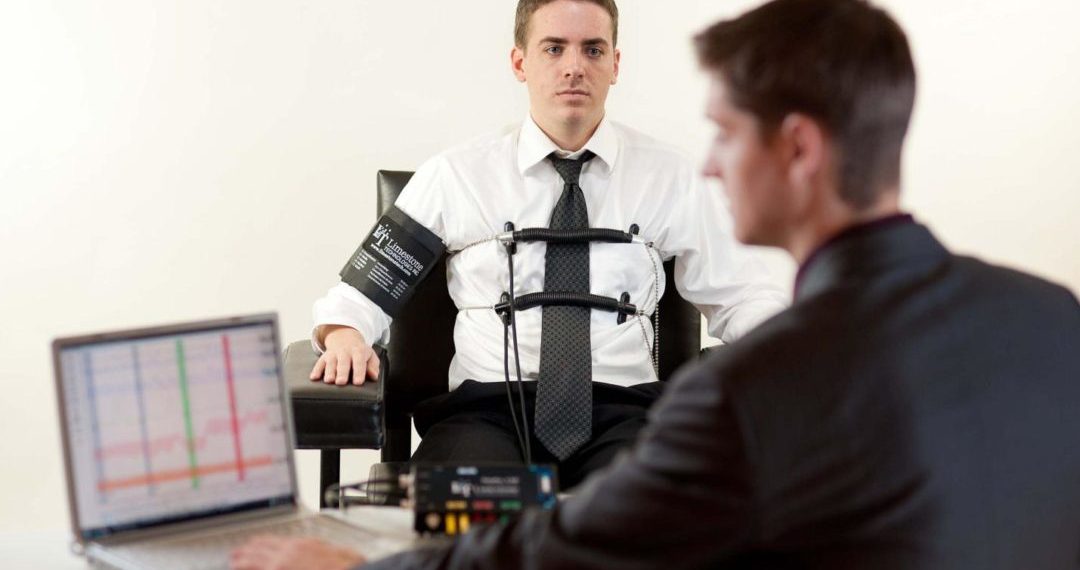A lie detector or otherwise known as a polygraph machine records a person’s bodies response to certain questions to detect whether they are telling the truth or not. This includes measuring the person’s blood pressure and change in heart rate and sweating.
Many wonder why can’t investigation officers just use a lie detector machine and get the case over and done with, quickly and simply.
The question that arises is, that is the result of these tests credible? According to Dr. Sophie Van Der Zee, when a person is lying, they are more stressed. And these machines can detect a person’s change in behavior and detect whether or not a person is feeling stressed. In simpler words, the lie detecting machine does not detect whether a person is lying, but it can detect whether or not the person’s behavior has changed and if they are showing signs of stress.
This information is then used to asses whether the person is deceiving the investigator or being truthful.
During a polygraph test the person is made to feel comfortable in order to get their stress levels. On a normal level they will first be asked basic questions such as age, name, etc. There will be no surprise questions during the test, as this will raise stress levels and lead to a result that may not be accurate.
Those who can control their stress rates can even cheat the test.
So is it credible?
According to Aldert Vrij:
“It does not measure deception, which is the core problem,” “The idea is that liars will show increased arousal when answering the key questions, whereas truth tellers will not.
“But there is no sound theory to back this up.”


